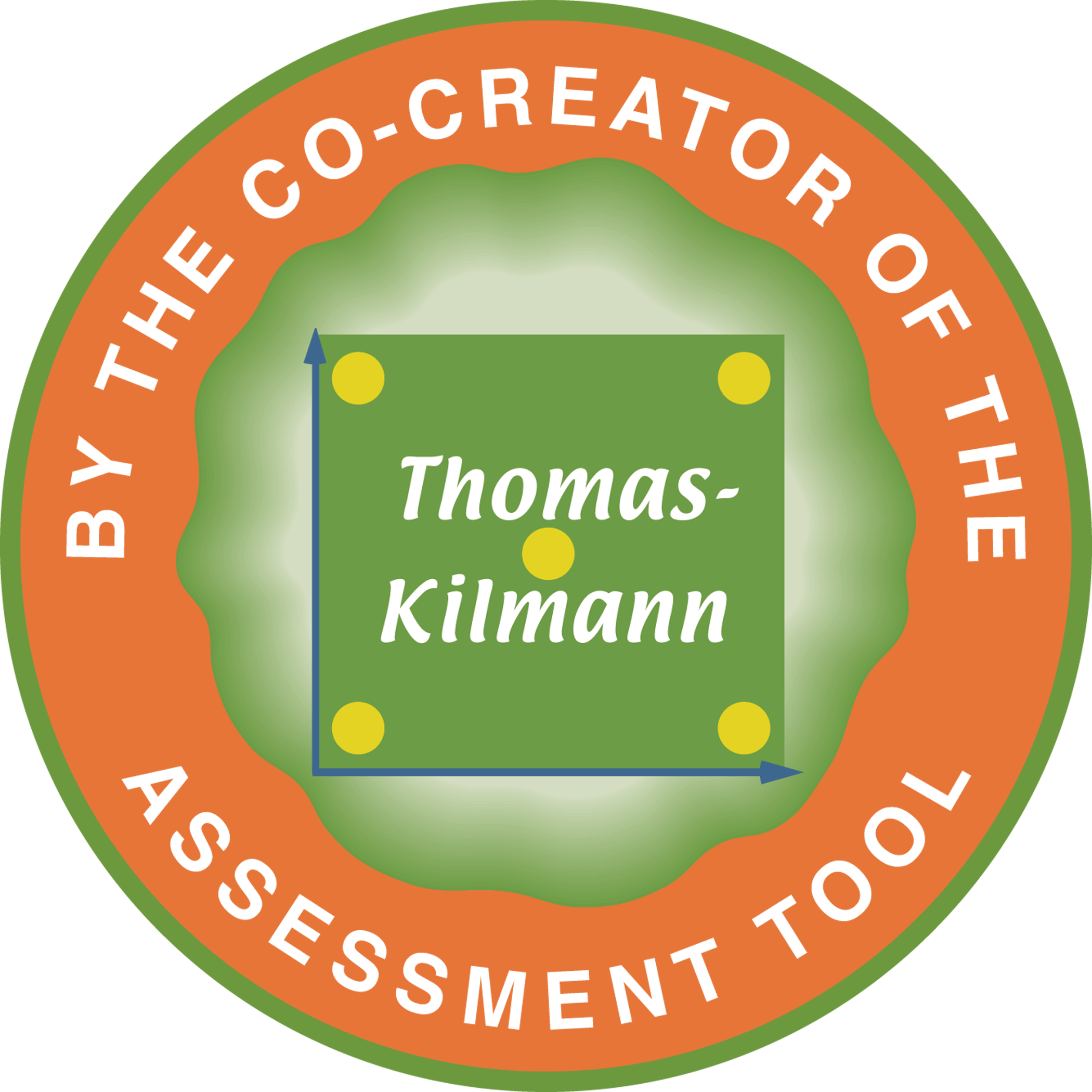08 Jan Corporate Transformation Requires Personal Transformations
Ralph H. Kilmann, co-author of the Thomas-Kilmann Instrument (TKI)
Downsizing, rightsizing, delayering, restructuring, revitalizing, and reengineering organizations—in short, organizational transformation—all focus on the systems and processes that exist primarily outside employees.
Even with extensive efforts at training and development, the new skills and knowledge that employees typically acquire are mostly geared to solving technical and business problems—and adding value to customers and other key stakeholders. Other than some employee assistance programs that are designed to counsel those who have been traumatized by the many pressures and consequences of massive change, there has been hardly any attention given to what all this change means to each person’s ego or soul, let alone how to make it easier for people to cope with incessant change. The recent surge of books on understanding and healing human spirit, however, is likely spearheaded by the existential wounds that have been inflicted on human egos in the process of corporate transformation.

Cycles of gradual and radical change will surely be required as our organizations adapt to the dynamics of a global—turbulent—economy. Yet the disruptive changes in systems and processes that are often implemented may, inadvertently, also destroy the delicate human fabric in the organization (which will therefore prevent any transformation from succeeding long term). Stated differently, if human resources are the ultimate competitive advantage (as so many academics and practitioners claim), then we must develop means for improving human beings—at the core—while we attempt to improve all other organizational systems and processes. Thus, more attention must be given to creating personal transformations in order to succeed at organizational transformations. Indeed, unless we find ways to enable people to cope with massive change at the deepest level of the human psyche, any attempt at organizational improvement is likely to be ephemeral and, consequently, might do more harm than good.
Self-esteem, self-regard, self-respect, self-worth, self-confidence, and self-efficacy are just some of the terms we use to examine what people think of themselves, how they define the world around them, and why these key judgments affect everything they do. Ego energy is each person’s primitive struggle to know, both consciously and accurately, his or her:
Identity: Who am I? What emotional investments should I make?
Competency: How effective am I at being who I am? Are my decisions, actions, and investments ethical?
Value: Have I contributed what others need or want? Is my organization benefiting from my decisions, actions, and investments?
Worth: Am I a good or bad person? Do I deserve to be happy?
Responsibility: Who controls who I am, what I do, what emotional investments I make, and whether I am good or bad, happy or sad?
Most ego psychologists seem to agree that the primary source of ego energy is the anxiety of initial separation from the mother (by the infant) and a generalized fear of further separations throughout life. The conflicting fears of abandonment (being completely separate from others) versus suffocation (being completely fused with others and, hence, not being separate) drive ego development and self-identify: Who am I? What makes me unique or special? What makes me valuable? Moreover, the fear of not being in control (when, for example, other people are in a position to make decisions that can result in separation and abandonment), generates even more anxiety. It seems that ego energy is created by an intrapsychic chain reaction: the ongoing tension between the ego and its separateness/fusion with the rest of the world; the further anxiety that a person experiences from not being in control of this struggle; and the biochemical, neurological, and biomechanical energy that the ego activates in order to manage this anxiety.
Consider two psychological experiences that can result in massive anxiety for employees during restructuring, downsizing, redeployment, and job abolishment: First, members can easily feel out of control (which fosters an external locus of control), since these corporate decisions are usually out of their hands and little formal communication/information is provided as top management secretly makes these decisions and plans their implementation. Second, major organizational change usually severs the psychological bonds among the members of work groups—as existing jobs are eliminated while new jobs and departments are formed. In most systemwide transformations, employees probably feel violated on both counts: (1) their self-identity, competency, value, worth, and responsibility are being negatively affected (or at least threatened) by someone else; and (2) their prior attachments to the organization (emotional investments) are being torn apart without anything (at least for the moment) to replace them—a powerful replay, perhaps, of abrupt separations at birth and thereafter.
Indeed, when members experience external, unannounced, and severe disruptions to their ego attachments (which undermine the essence of who they are and what makes them unique, valuable, worthwhile, and so forth), they may spend most of their ego energy taking care of their anxiety with the typical psychological defenses (such as denial, projection, displacement, and regression)—which prevents them from seeing reality. To cope with all their anxiety, members may also resort to dysfunctional interpersonal behavior (such as being overly aggressive toward others or simply withdrawing from the situation)—which prevents them from effectively managing reality. Thus, if the essential ego-to-organization relationships have not been properly established and maintained, day-to-day decisions will be based primarily on personal preferences, narrow departmental agendas, and office politics. In time, employees learn to take care of themselves first, their departments second, and the customer third. This ordering of priorities does not lead to long-term organizational success.
Alternatively, when members are able to define as well as control their self-concepts, they will be free to see and manage reality in a non-defensive and functional manner. The effective management of ego energy can thus enable organizations and their members to cope more effectively with our turbulent, anxiety-filled world: If we wish to achieve both personal meaning and organizational success, we must come to grips with ourselves. We will then discover that the attributes and processes of healthy, well-functioning individuals closely parallel the systems and processes of healthy, adaptive organizations. Both individuals and organizations must be in close touch with their inner being and the outside world in order to devote all their energies and abilities on the problems and opportunities that come their way.
Kilmann Diagnostics offers a series of eleven recorded online courses and nine assessment tools on the four timeless topics: conflict management, change management, consciousness, and transformation. By taking these courses and passing the Final Exams, you can earn your Certification in Conflict and Change Management with the Thomas-Kilmann Instrument (TKI). For the most up-to-date and comprehensive discussion of Dr. Kilmann’s theories and methods, see his 2021 Legacy Book: Creating a Quantum Organization: The Whys & Hows of Implementing Eight Tracks for Long-term success.





